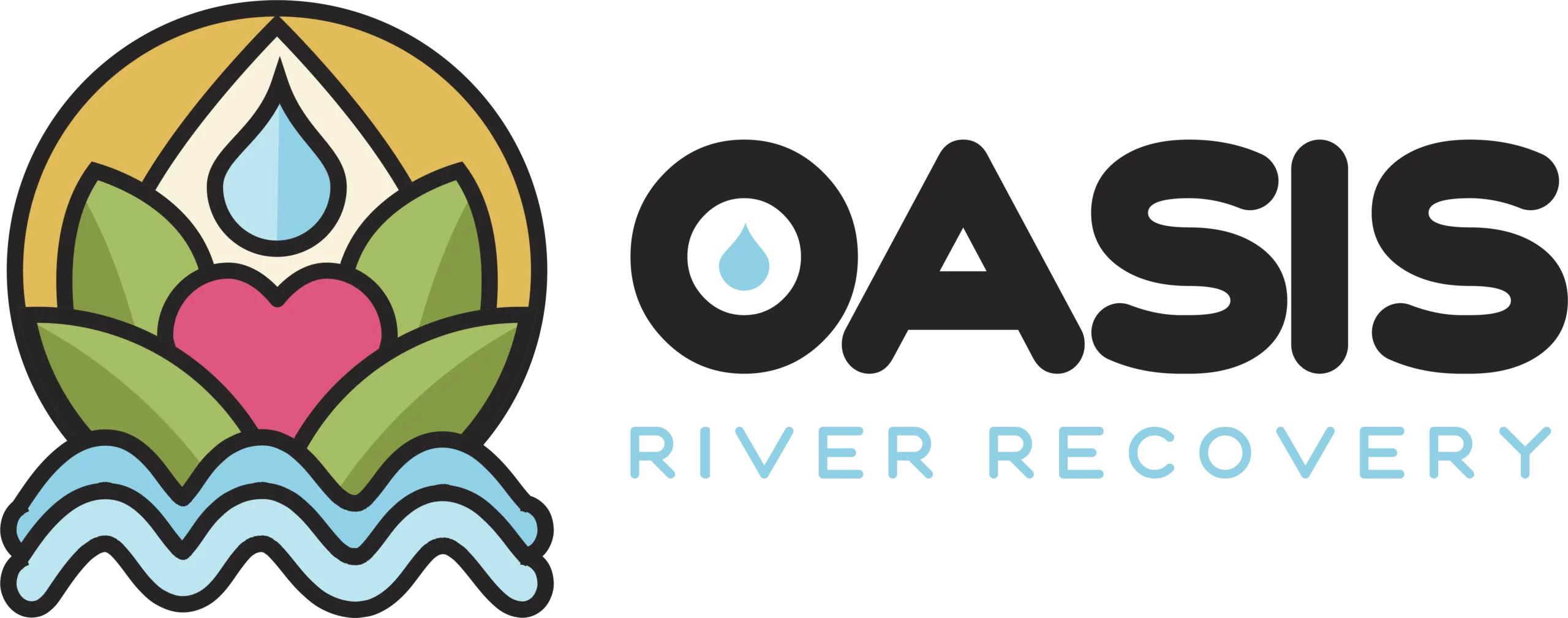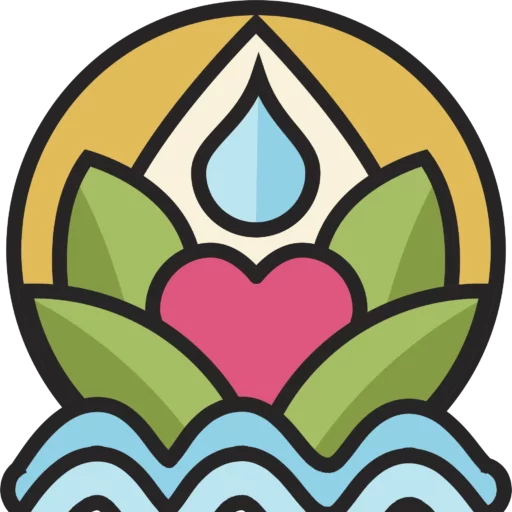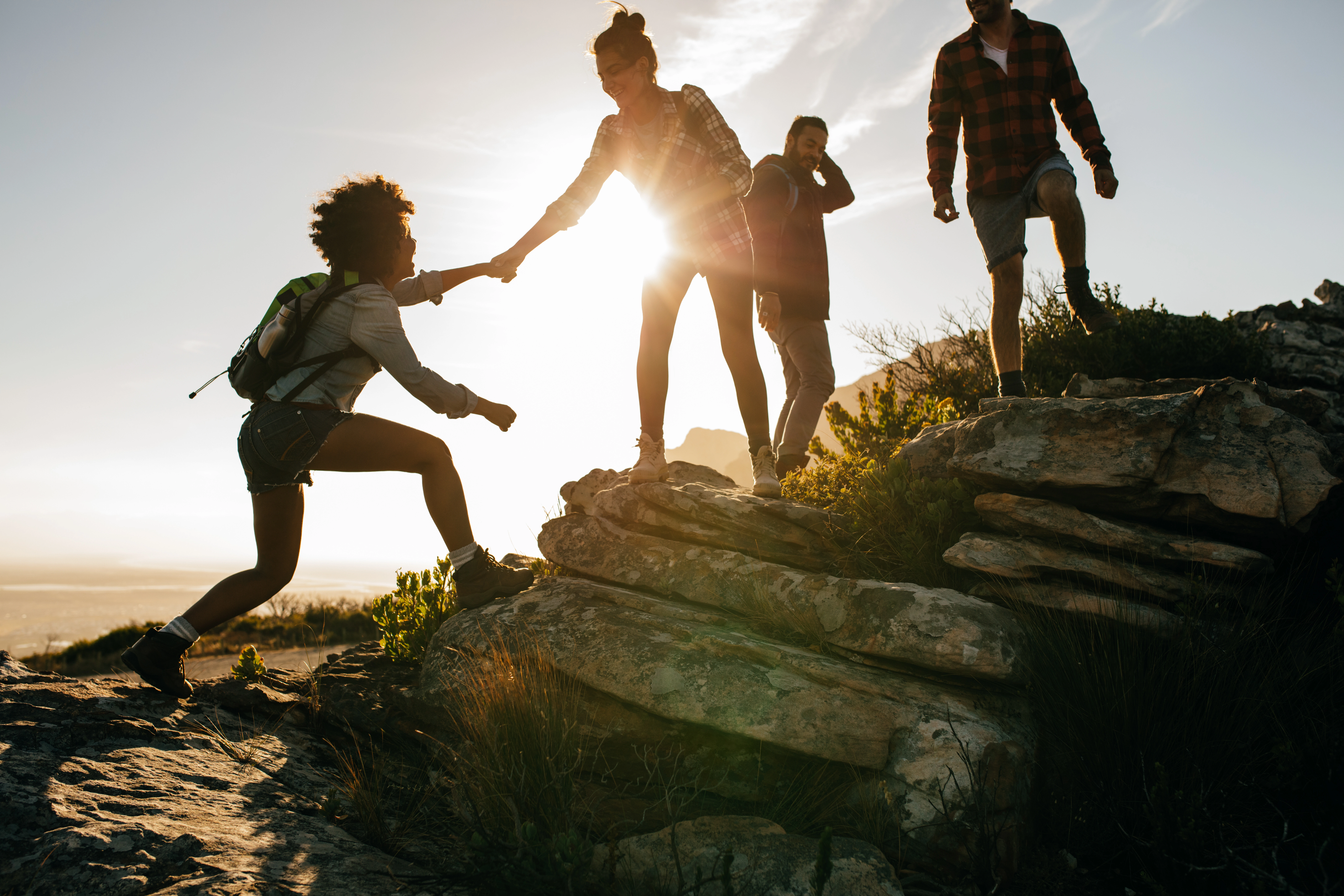Addiction recovery is a challenging journey that requires a multi-faceted approach to achieve lasting success. While traditional treatments such as therapy and medication can be effective, many individuals need more to break the cycle of addiction. This is where adventure therapy comes in.
Adventure therapy is a unique form of treatment that uses outdoor activities such as rock climbing, hiking, and rafting to help individuals in addiction recovery connect with themselves and their surroundings. By immersing themselves in nature and engaging in physical challenges, individuals can gain a new perspective on their addiction, develop new coping strategies, and build self-confidence. This approach is particularly effective for individuals who struggle with traditional therapy and want to get out of their comfort zone. It provides an empowering and transformative hands-on experience.
In this article, we will explore the benefits of adventure therapy in addiction recovery and how it can help individuals achieve lasting sobriety.
What Is Adventure Therapy?
Adventure therapy is a type of experiential therapy that involves outdoor activities to help individuals achieve personal growth and healing. These activities are designed to physically, emotionally, and mentally challenge individuals. These challenges can help individuals build resilience, develop new coping strategies, and overcome addiction.
Adventure therapy is guided by trained professionals certified in adventure therapy techniques. These professionals help individuals develop problem-solving, communication, and teamwork skills while providing a safe and supportive environment to explore their emotions and thoughts.

How Adventure Therapy Helps In Addiction Recovery
For several reasons, adventure therapy can be an effective tool for individuals in addiction recovery. Firstly, the physical challenges involved in adventure therapy can help individuals build self-confidence and self-esteem. This is particularly important for individuals who have lost self-confidence due to addiction. By overcoming physical challenges, individuals can begin to believe in their ability to overcome their addiction.
Secondly, adventure therapy provides individuals with a new perspective on their addiction. By immersing themselves in nature and engaging in outdoor activities, individuals can gain a fresh perspective on their addiction and life.
Finally, adventure therapy provides individuals with a safe and supportive environment to explore their emotions and thoughts. This can help individuals process past trauma and negative emotions that may have contributed to their addiction.
Benefits Of Adventure Therapy
Physical Benefits
Adventure therapy can provide several physical benefits for individuals in addiction recovery. Engaging in outdoor activities such as hiking, rock climbing, and white water rafting can improve cardiovascular health and increase physical fitness. These activities can also help individuals build strength and endurance, benefiting individuals who have neglected their physical health due to addiction.
Mental Benefits
Adventure therapy can provide several mental benefits for individuals in addiction recovery. Engaging in outdoor activities can help individuals reduce stress and anxiety and improve their mood. The physical challenges involved in adventure therapy can also help individuals build resilience and develop new coping skills.
Emotional Benefits
Adventure therapy can provide several emotional benefits for individuals in addiction recovery. Engaging in outdoor activities can help individuals reconnect with themselves and their surroundings. This can help individuals develop a greater sense of self-awareness and self-confidence. Additionally, adventure therapy can provide individuals with a sense of accomplishment and achievement, which can be particularly important for individuals who have struggled with feelings of shame and guilt due to their addiction.
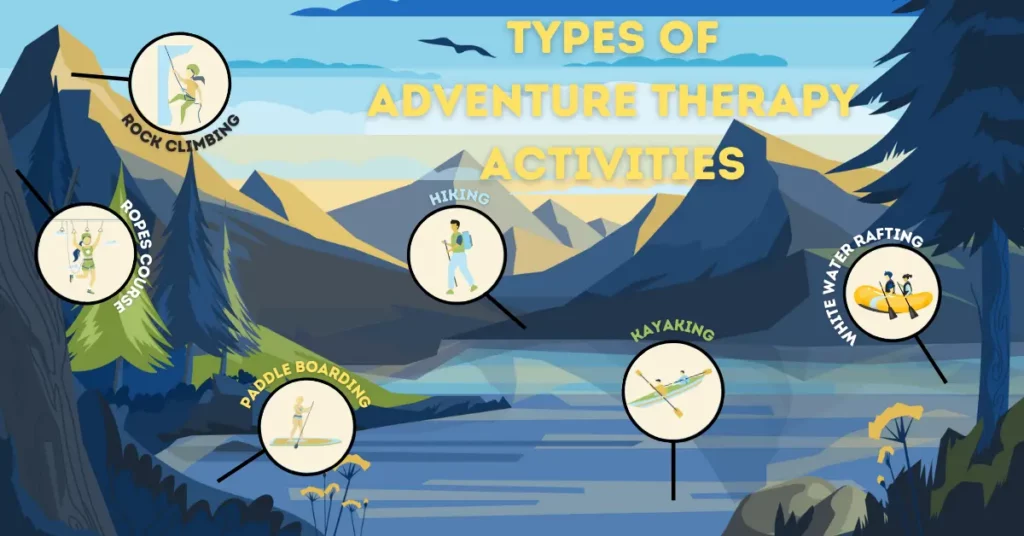
Types of Adventure Therapy Activities
Adventure therapy can involve various outdoor activities, including hiking, rock climbing, rafting, camping, kayaking, ropes courses, paddle boarding, and more. The activities used in adventure therapy are specifically designed to challenge individuals physically, emotionally, and mentally. These challenges can help individuals develop new skills and coping strategies that can apply to their daily life.
Rock Climbing
Rock climbing is a popular activity used in adventure therapy. Rock climbing can physically and mentally challenge individuals and requires problem-solving skills and trust in oneself and others. Rock climbing can help individuals build self-confidence, self-esteem, and trust in themselves and others.
Hiking
Hiking is another popular activity used in adventure therapy. Hiking can give individuals a sense of accomplishment and achievement and help them reconnect with nature. It can also be a form of meditation and help individuals reduce stress and anxiety.
White Water Rafting
Rafting is a challenging activity that requires teamwork and communication. Rafting can help individuals develop these skills and build trust in themselves and others. Additionally, rafting can provide individuals with a sense of accomplishment and achievement..
Ropes Courses
Not only do ropes courses provide a physical challenge, but they also require participants to use problem-solving and teamwork skills to complete the course. This can be especially beneficial for those in addiction recovery, as it promotes healthy communication and social interaction with others. Additionally, the adrenaline rush and sense of accomplishment that comes from completing a ropes course can provide a much-needed boost in confidence and self-esteem.
Paddle Boarding
Paddle boarding has become increasingly popular over the years as a treatment method. It requires you to have balance, confidence, strength, and patience – all components of addiction recovery. Paddle boarding requires focus and concentration, which can help individuals be present at the moment and develop mindfulness skills. Being on the water can also be calming and peaceful, allowing individuals to connect with nature and reduce stress and anxiety.
Kayaking
Kayaking is a low-impact exercise that can improve overall physical health and fitness. Kayaking can be a challenging activity that requires problem-solving and decision-making skills. These skills can transfer to everyday life, helping individuals develop effective coping strategies for dealing with stress and challenges. Like paddle boarding, being on the water while kayaking can be calming, reducing individual stress and anxiety.
The Role of Nature in Adventure Therapy
Nature plays an essential role in adventure therapy. By immersing themselves in nature, individuals can connect with their surroundings and gain a new perspective on their addiction and life. Nature can also provide individuals with a sense of peace and tranquility, which can be particularly beneficial for individuals in addiction recovery who may be struggling with anxiety and stress.
Additionally, nature can provide individuals with a sense of awe and wonder. This can help individuals develop a greater appreciation for the beauty of the world around them and help them find meaning and purpose in their life.
Adventure Therapy Vs. Traditional Therapy
Adventure therapy differs from traditional therapy in several ways. Traditional talk therapy, or cognitive behavioral therapy, typically involves talking to a therapist or counselor about one’s thoughts and feelings. While this can benefit some individuals, others may find it difficult to express themselves in this way.
On the other hand, adventure therapy provides individuals with a hands-on experience that can be empowering and transformative. By engaging in outdoor activities, individuals can gain a new perspective on their addiction treatment and develop new coping strategies.
Who Can Benefit From Adventure Therapy?
Adventure therapy can be beneficial for individuals of all ages and backgrounds. However, adventure therapy may be particularly effective for individuals who have struggled with traditional therapy or substance abuse disorders or seek a more hands-on approach to their addiction recovery.
Additionally, adventure therapy may benefit individuals struggling with co-occurring disorders such as anxiety, depression, and PTSD. The physical challenges involved in adventure therapy can help individuals build resilience and develop new coping strategies for managing these disorders.
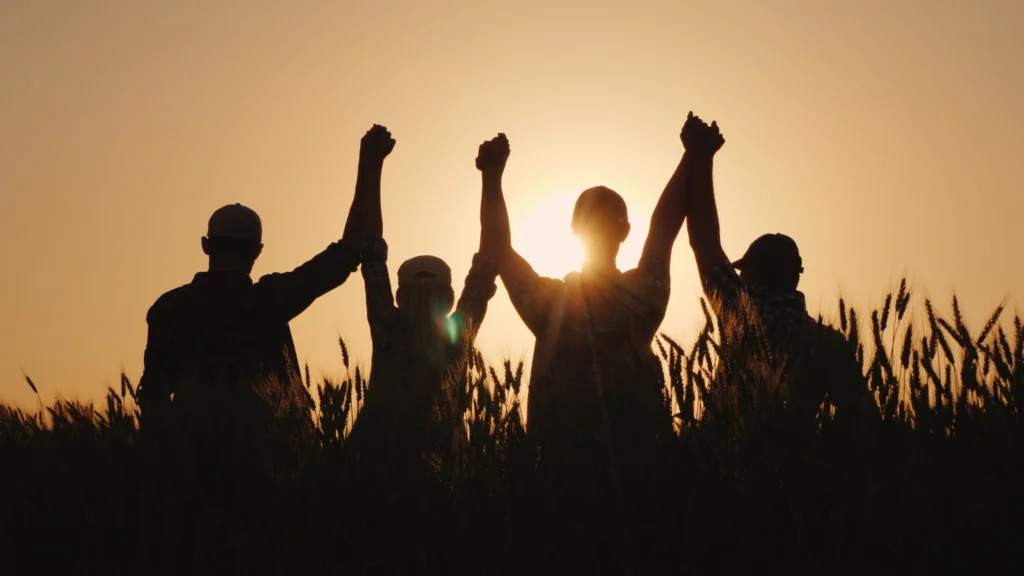
Success In Adventure Therapy For Addiction Recovery
Adventure therapy is an effective tool for individuals in addiction recovery. Many individuals participating in adventure therapy programs have reported increased self-confidence, greater social skills, improved mood, and greater self-awareness. Additionally, many individuals have reported long-term success in maintaining sobriety after completing an adventure therapy program.
Adventure therapy is a unique and practical approach to addiction recovery that offers individuals a hands-on experience that can be both empowering and transformative. By engaging in outdoor activities and immersing themselves in nature, individuals can gain a new perspective on their addiction and develop new coping skills. Adventure therapy can provide individuals with physical, mental, and emotional benefits that can be applied to daily life.
Contact Oasis River Recovery
If you or a loved one could benefit from adventure therapy or our other addiction treatment programs, please call Oasis River Recovery today. Our behavioral health team is dedicated to helping individuals overcome substance abuse, alcohol addiction, and drug addiction with a treatment plan for you. Once we have identified your specific needs or mental health disorders, we’ll find treatment options that can help, such as adventure therapy, art therapy, cognitive behavioral therapy, or psychotherapy.
Recovery is a long journey, and we are here to be with you every step of the way. Our inpatient and outpatient recovery centers are structured to prevent relapsing so that you may build a happier, healthier life.

